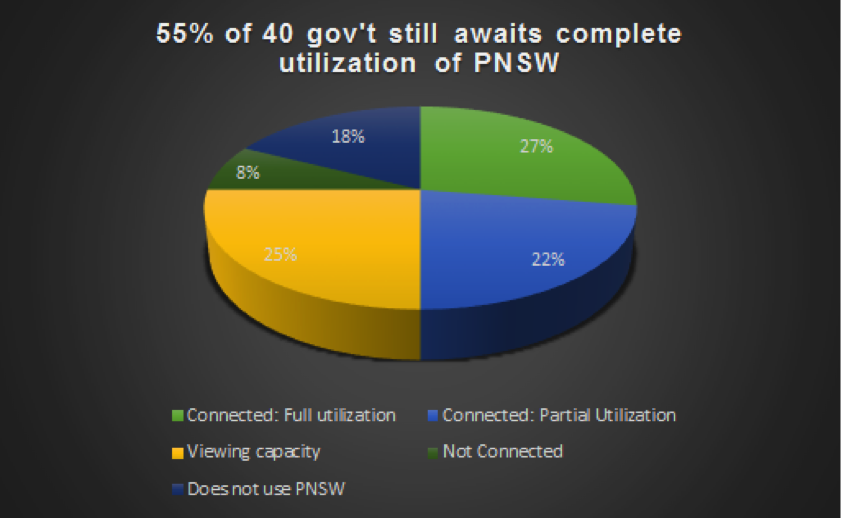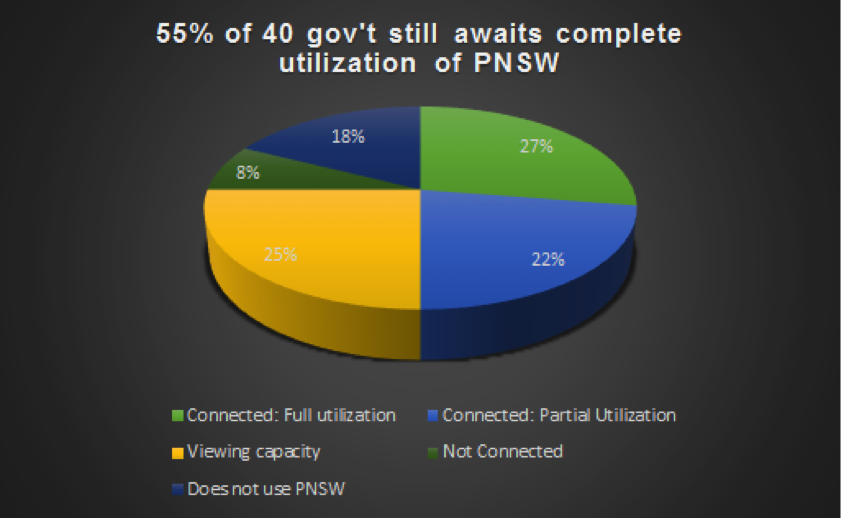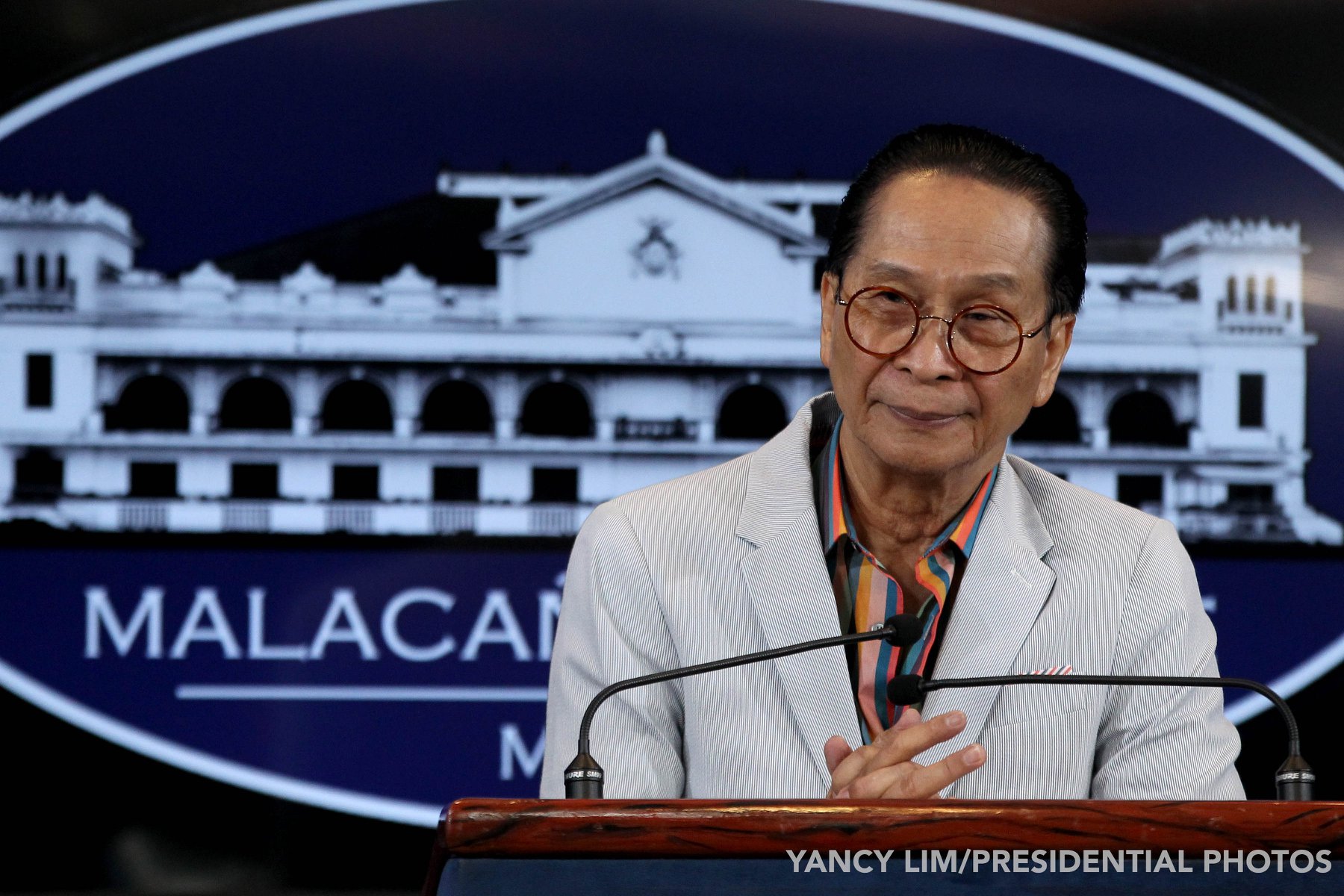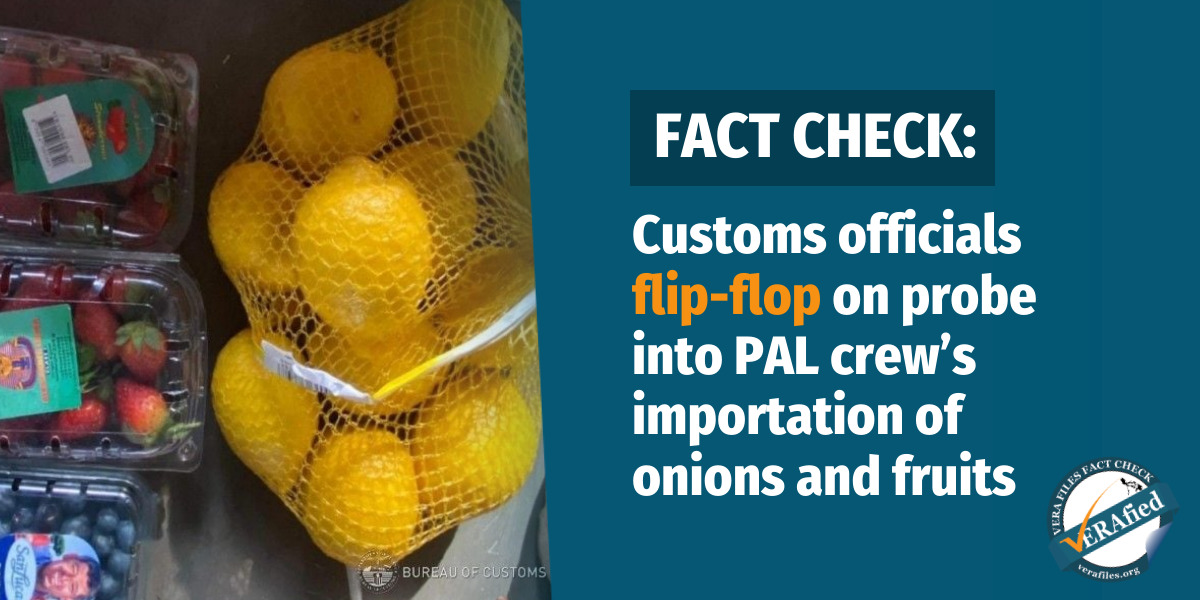By VERLIE Q. RETULIN
CUSTOMS Commissioner Alberto Lina is just starting to warm his seat but is already facing graft and plunder charges before the Office of the Ombudsman.
The newly-appointed chief assumed office vowing to continue the reforms initiated by his predecessor in what is believed to be one of most graft-ridden agencies of government. But his campaign for transparency and honest service is facing an early challenge.
Lina was sued along with two former senior Customs officials in connection with his cancellation of the P650-M contract for an integrated customs processing system barely two weeks after he was appointed to the post on April 24, 2015.
The graft and plunder complaint was filed on Thursday by Anabelle Margaroli, representative of Omniprime Marketing Inc, which won the contract to provide the Bureau of Customs a modern system intended to address the rampant smuggling in the country.
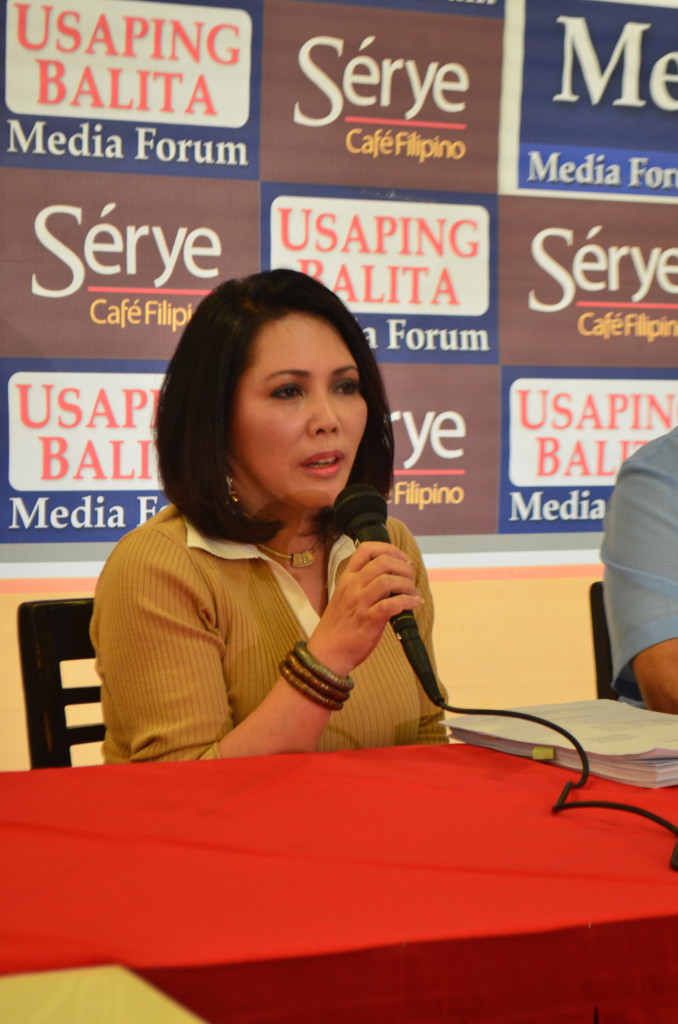
Lina’s decision to cancel the contract was a clear case of conflict of interest, Margaroli said in her 30-page complaint, which also included former Customs commissioner Guillermo Parayno and former deputy commissioner Primo Aguas.
On April 13, the joint venture of Omniprime Marketing Inc. and Intrasoft International Inc. won the seven-month long bidding for the Integrated Electronic Customs Processing System (IECPS).
The contract was scheduled to be signed at the end of that month.
On May 7, however, the proponents received a notice of cancellation from Jose Tomas Syquia, Executive Director of the Department of Budget and Management-Procurement Service, saying “the project is no longer necessary as conditions surrounding the project have significantly changed which rendered the project no longer economically, financially or technically feasible.”
The request for the discontinuance and abandonment of the contract came from Lina following a thorough review of the project’s details.
In a statement on June 2, Lina said: “After determining that market conditions have changed, and that there may be other customs data systems that are more efficient, cost-effective, and advantageous to the government, I decided to seek the abandonment of the current Integrated Electronic Customs Processing System (i-ECPS) Project.”
“The cancellation by respondent Lina was a grave instance of conflict of interest, manifest illegal partiality and malevolent bad faith because it benefitted E-Konek Pilipinas, Respondent Parayno and ultimately, Respondent Lina himself and his family as he has a 96.48 per cent stake in the company …” the graft complaint said.
E-Konek, headed by Parayno, was one of the bidders for the contract that Omniprime and Intrasoft won in April but which was subsequently cancelled by the new customs chief.
The complaint also alleged that Aguas “stepped in and required the OMI-Intrasoft JV’s project team members to undergo a series of interviews, in violation of Republic Act 9184, the new law governing government procurement procedures.”

“[Lina] also had interests in freight and cargo forwarding, customs brokerage and warehousing services — all of which, in one way or another — has direct and indirect dealings with the BOC,” the complaint further said.
Lina has denied the allegations connecting E-Konek’s losing bid to the procurement cancellation.
“To stamp out any lingering doubts that this is the case, EKONEK will not participate in any further bid for this project, given my public commitment that there will be no conflict of interest during my stint at the Bureau of Customs,” he said in an earlier statement.
The project at the center of the controversy is a central database system that tracks in real time all customs procedures nationwide. It aims to be fully electronic and paperless — a human contact-free system of recording and monitoring customs transactions.
“Itong sistemang ito, bubuwagin iyong sistema ng ‘tongpats’ sa Customs (This system will solve the corruption in Customs),” Harry Roque, legal counsel for Omniprime said.
Alongside the creation of the integrated system project is the continuation of the National Single Window (NSW) Phase 2 which consolidates relevant services from all government agencies involved in customs procedures using international standards.
NSW is a system with three key functions: a single submission and synchronous processing of data and information to fulfill all import, export and transit-related regulatory requirements, and a single point of decision-making for customs release and clearance.
However, among the 40 oversight and permitting agencies involved in the issuance of import and export licenses, permits and clearances, only 11 agencies are completely connected as of 2015.
Source: Bureau of Customs, Portcalls.com
The establishment and implementation of the NSW is part of the ASEAN Single Window (ASW) agreement signed by the Philippines and other member countries of the Association of Southeast Asian Nations (ASEAN) in December 2005.
The agreement requires the development and implementation of the NSWs in a timely manner for the establishment of the ASEAN Single Window and the use of information and communication technology that are in line with relevant internationally accepted standards in the development and implementation of their National Single Windows.
The creation of the NSWs has gained even greater urgency as 2015 marks the deadline set by the ASEAN for the least developed countries to complete their NSWs which will be linked to the ASEAN Single Window.
The Philippines’ compliance with the deadline is likely to be set back as a result of the project’s delay.
(The author is a University of the Philippines student writing for VERA Files as part of her internship.)
